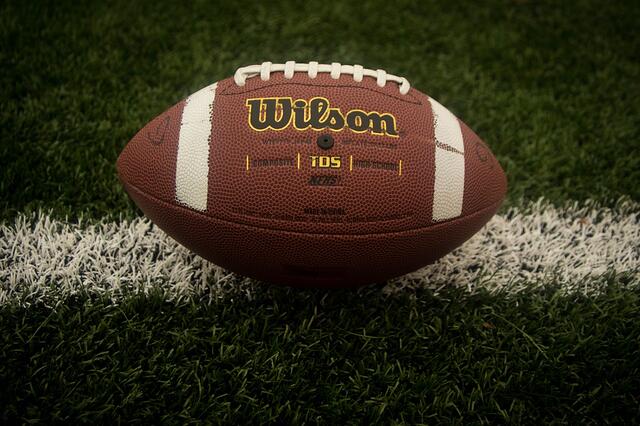It’s about a 4 min. read.

The Celtics (my personal favorite Boston team) are just hanging on by a thread after last night’s loss against the Cavaliers. But despite the Celtics playoff buzz around Boston, some die-hard Patriots fans are still riding the high of Super Bowl LI. Case in point, a couple weeks ago I saw a SnapChat of a friend replaying the game on his DVR just to relive the glory.
I was also just in Atlanta for some focus groups and couldn’t help but smile when my cab driver proudly pointed out the new Falcons stadium—he didn’t know I was a New Englander. So, although it may seem unseasonable to talk about the Patriots in May, I need to take the opportunity to share that Super Bowl LI was the greatest comeback in history, and as it turns out, a chance to show off the power of always seasonable brand loyalty.
In the weeks leading up to the big game, I saw a lot of social media posts and articles predicting an underwhelming Super Bowl due to Atlanta’s small fanbase. They argued the game would be more exciting if we were playing the Dallas Cowboys, a team with much sexier brand appeal. I’ll admit, we Pats fans can be a bit cocky, but can you blame us? Regardless, one pro-Pats article that ran in the Boston Globe led to a Falcons fan banning Boston-based Sam Adams in his Georgia convenience store until after the Super Bowl. That’s commitment!
Removing Sam Adams from the shelves of one convenience store for a few weeks didn’t have much impact on the brewery’s bottom line, but the store owner’s boycott is an example of the potential power of true brand loyalty. The convenience store owner demonstrated his loyalty to his team, the ban culminated in some playful banter between the two parties on Twitter, and as far as I know, Sam Adams is back on the shelves of that store. So while the stakes here were low, wouldn’t executives, at let’s say Pepsi or United Airlines, have benefitted from building the kind of loyalty this Falcons fan felt —something to help brands get through a PR crises?
There are many drivers of brand loyalty. Perhaps a brand makes its consumers feel a certain way, garnering the right emotions that keep them coming back for more. Maybe the brand sends the right message about the kind of person who uses its product/service, creating a sense of kinship among its customers. Or perhaps the brand is really good at creating meaningful customer experiences. It could also be as simple as “I love the New England Patriots (or Celtics!) because I grew up watching them”. Often it’s a combination of all these drivers.
Marketers are facing pressure to answer critical questions to help build loyalty. How is your brand answering the call? Is your brand conveying the right message? Do your customers feel valued enough to not jump ship? Is your loyalty programming compelling enough?
Who’s doing it right, and who’s getting it wrong? Tell us in the comments.